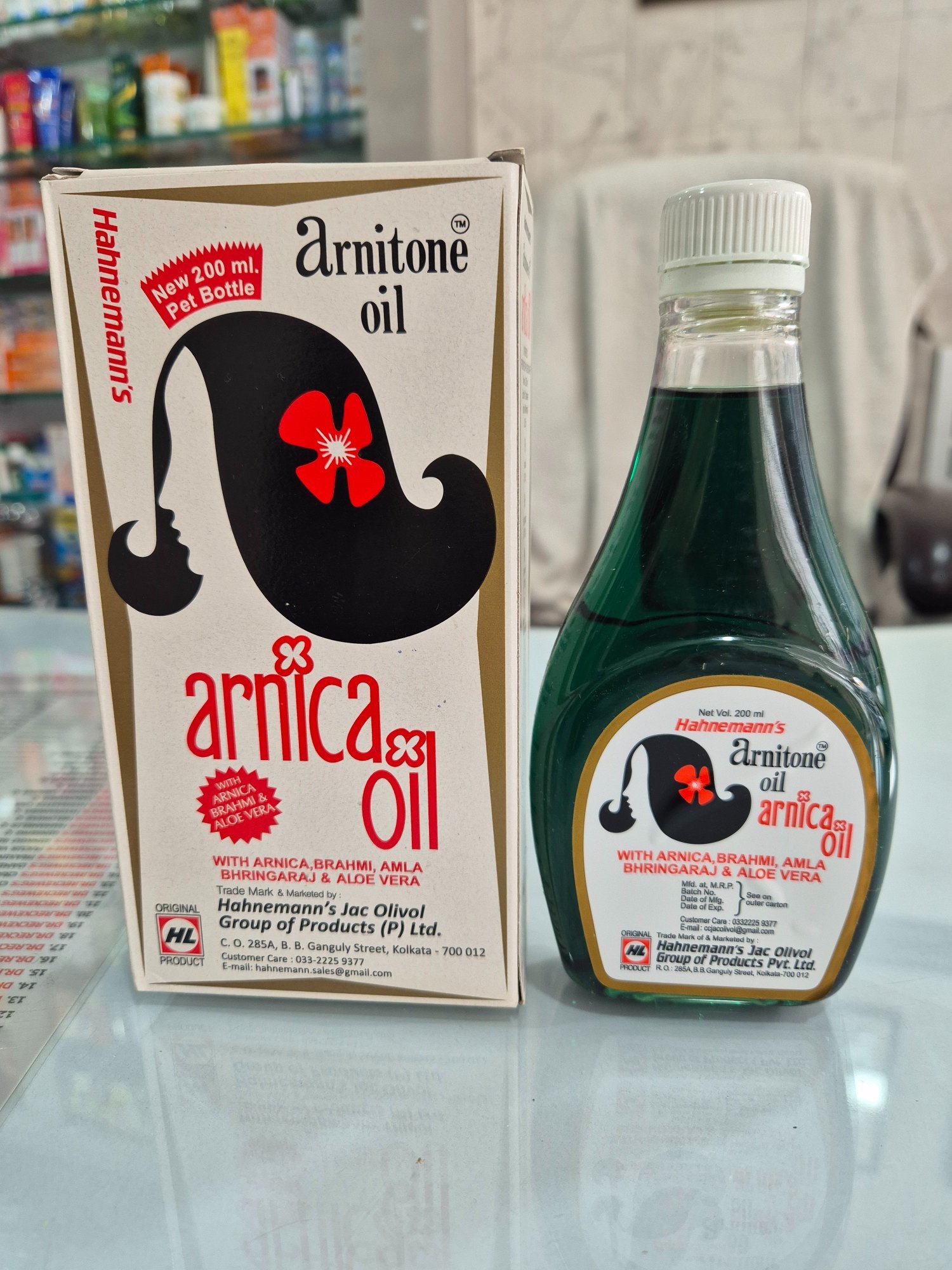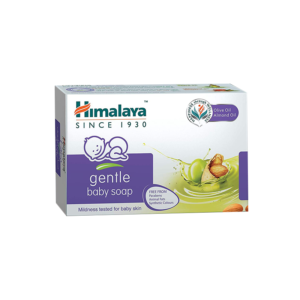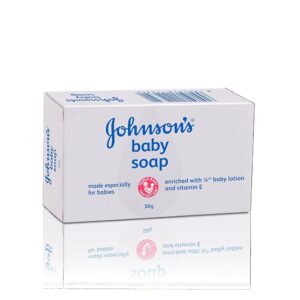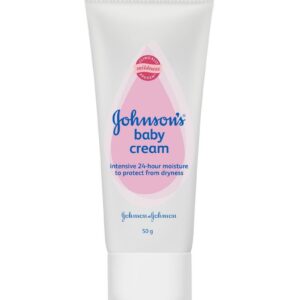DESCRIPTION
Arnica oil is a product made by infusing the dried flowers of the Arnica montana plant into a carrier oil, such as sunflower or jojoba oil. The plant, also known as mountain arnica or wolf’s bane, is a perennial herb with large, yellow, daisy-like flowers that grows in mountainous regions of Europe and Siberia.
Uses and Reported Benefits
Arnica is most commonly used topically for a variety of conditions, particularly those involving pain and inflammation. Some reported uses and benefits include:
- Pain Relief: It is often used to alleviate muscle soreness, stiffness, and joint pain associated with conditions like osteoarthritis and strenuous activity.
- Bruising and Swelling: Arnica is a popular remedy for reducing the appearance of bruises and swelling, as it is believed to help accelerate the body’s natural healing process.
- Inflammation: Due to its anti-inflammatory properties, it is used to soothe irritated skin and reduce inflammation from minor injuries or insect bites.
- Hair Health: Some people use arnica oil as a scalp treatment, as it is believed to improve blood circulation and promote healthy hair growth.
Important Safety Information and Precautions
Disclaimer: This information is for educational purposes only and is not medical advice. Consult with a healthcare professional before using arnica products.
- For External Use Only: Arnica is considered poisonous and is not safe to be taken orally. Ingesting it can cause serious side effects, including heart damage, organ failure, increased bleeding, and even death.
- Do Not Apply to Broken Skin: Arnica oil should only be applied to unbroken skin. Applying it to open wounds, cuts, or damaged skin can lead to the absorption of toxic compounds into the body.
- Allergic Reactions: Individuals with an allergy to plants in the daisy family (Asteraceae), such as ragweed, chrysanthemums, and marigolds, may experience an allergic reaction to arnica, including contact dermatitis, rashes, or skin irritation.
- Drug Interactions: Arnica may slow blood clotting. If you are taking blood-thinning medications, consult with your healthcare provider before using arnica products, as it may increase the risk of bleeding and bruising.
- Gastrointestinal Distress: Severe stomach pain, vomiting, and diarrhea.
- Cardiovascular Issues: A rapid heart rate (tachycardia), high blood pressure, and potential heart damage, which in some cases can lead to cardiac arrest.
- Respiratory Problems: Shortness of breath.
- Nervous System Effects: Dizziness, tremors, and in severe cases, coma.
- Internal Organ Damage: Liver and kidney failure.
- Increased Bleeding: Arnica can thin the blood, leading to a higher risk of internal and external bleeding.
Pregnancy and Breastfeeding: The use of arnica, both orally and topically, is considered likely unsafe during pregnancy and breastfeeding. It should be avoided.
Side Effects from Ingestion (Oral Use)
Ingesting arnica in its undiluted form is extremely dangerous and can be fatal. This includes consuming arnica oil, teas, or tinctures made from the plant. The side effects of ingesting arnica are severe and can affect multiple organ systems.
Symptoms of arnica poisoning may include:
-
Precautions and Who Should Avoid Arnica
To minimize the risk of side effects, certain individuals should avoid using arnica:
- Pregnant or Breastfeeding Individuals: Arnica is considered unsafe for use during pregnancy and breastfeeding. It has been used to induce abortions and can harm a breastfed infant.
- Those with Broken or Irritated Skin: Never apply arnica oil or any arnica product to open wounds, cuts, or damaged skin, as this can allow the toxic compounds to be absorbed into the bloodstream.
- People with Allergies: Individuals with known allergies to plants in the daisy family should avoid arnica.
- People on Blood-Thinning Medication: If you are taking blood thinners such as warfarin (Coumadin), heparin, or aspirin, consult a doctor before using arnica, as it may increase the risk of bleeding.
- Before Surgery: Stop using arnica at least two weeks before any scheduled surgery due to the increased risk of bleeding.
- Children: Keep all arnica products out of the reach of children. If a child ingests an arnica product, seek immediate medical attention by calling a poison control center.













Reviews
There are no reviews yet.